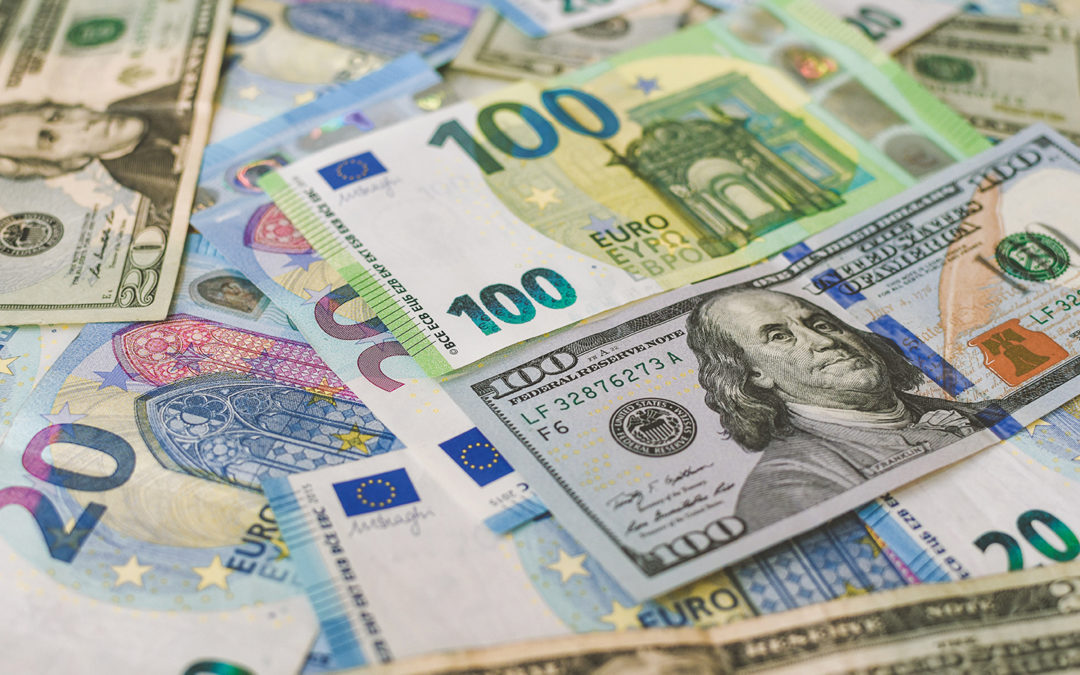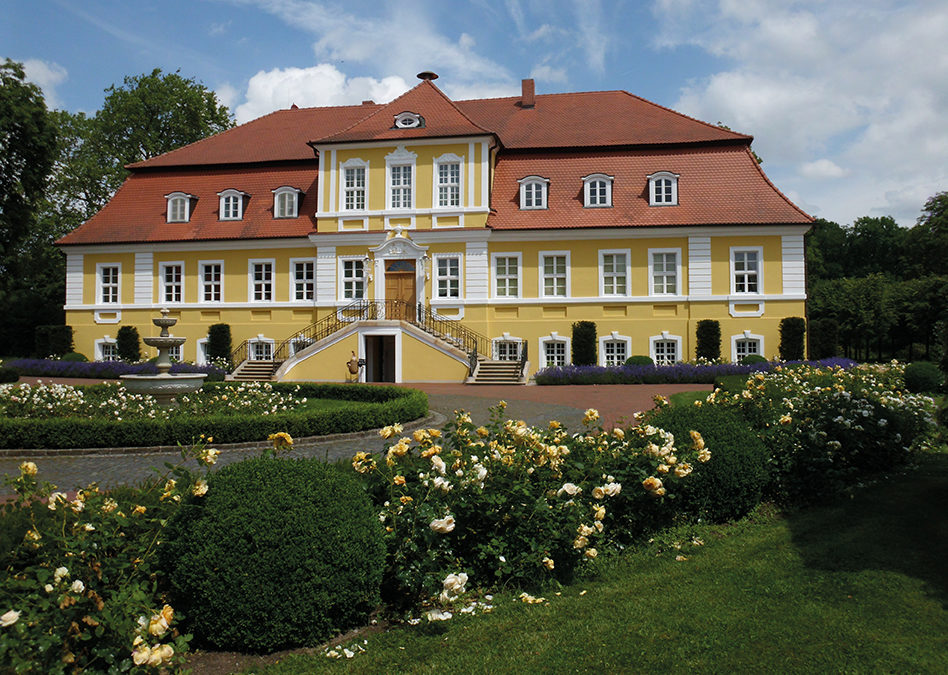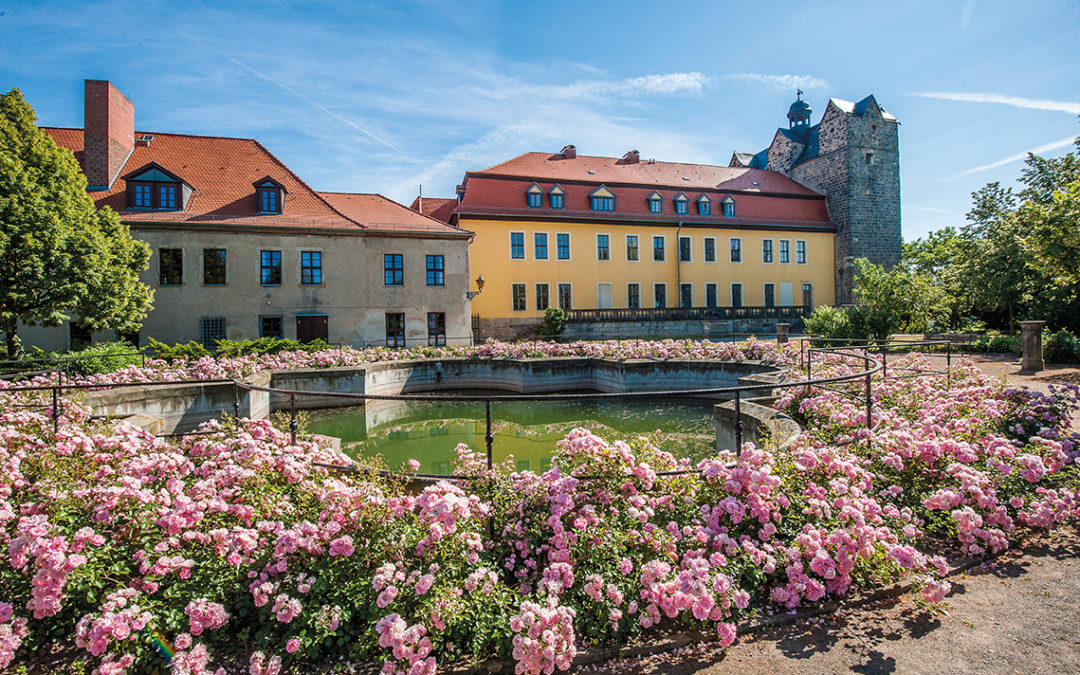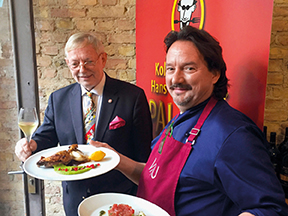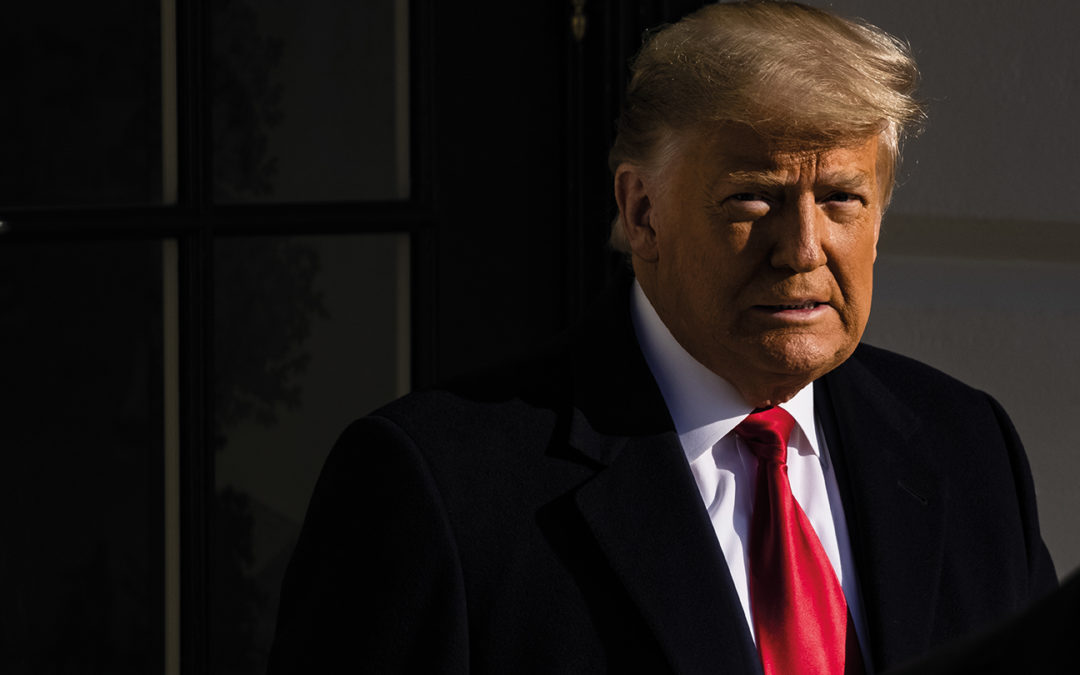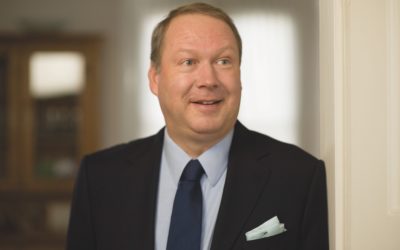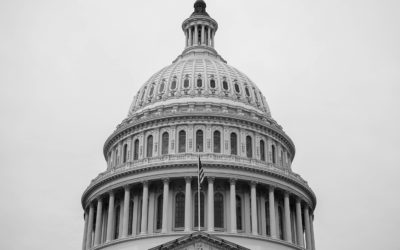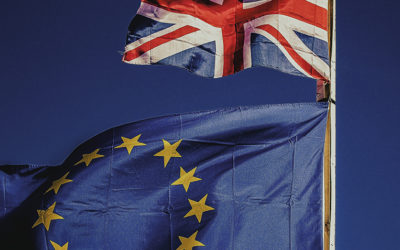and in the last four months of the year it was even negative. Nevertheless, many people wonder where their money has gone – life is getting more and more expensive, at least that is how many citizens perceive it.
However, this is not a German phenomenon, as this perception is reflected in surveys conducted quarterly by the European Commission between 2004 and 2020: perceived inflation among the population fell on average almost five percentage points higher than that officially measured.
This difference between feeling and statistics has grown again in the COVID crisis. In the first quarter of 2020, the official inflation rate in the Eurozone was 1.11 per cent. Perceived inflation, on the other hand, was 4.30 per cent. In the second quarter, in which the pandemic falls, measured inflation fell to 0.22 per cent, while perceived inflation rose to 5.02.
It is often argued that people perceive price increases more consciously than price reductions, so that the perception is subjectively distorted. That may be true, but is that enough to explain a difference of almost five percentage points? Or why do public perception and official statistics diverge so much?
This discrepancy could be due to the way inflation is measured, says economics professor Gunther Schnabl, who does research on this at the University of Leipzig. Looking at Germany, he notes: “The prices shown in the shops are not necessarily reflected in the official inflation figures, as they are still changed by the statistical authorities,” says the economic expert, who is counted among Germany’s top 100 economists by the “Frankfurter Allgemeine Zeitung”.
Often there is also a quality adjustment. For many goods where the quality improves, the prices are reduced to compensate for the monetary advantage. For example, if a smartphone has a new voice recognition function, a navigation device becomes standard equipment in cars or a refrigerator is more energy efficient.
The increase in contributions, for example health insurance, and hidden price increases are also not recorded in the official statistics.
Here is one negative example: in the few last months, the food manufacturer Seitenbacher has been offering its fruit muesli in 750-gram bags. The product used to be called Whole Grain Fruit Muesli before and was available in 1,000 gram packs. However, the price has not been lowered. According to the Consumer Advice Centre Hamburg (VZHH), the old product still cost 3.79 euros in various Rewe shops in the summer of 2020. Now the fruit muesli is mostly offered for 4.99 euros. Edeka sometimes even charges 5.39 euros for the smaller pack. This corresponds to a hidden price increase of over 75 per cent!
That’s why the consumer advice centre in Hamburg has named this product the
“Cheat pack of the month”. Unfortunately, the motto “less in, price the same” is a popular method of implementing hidden price increases and tricking consumers. Inflation is often not even noticed in the supermarket because the packaging often does not differ at all and the previous product is no longer available and thus comparable. Manufacturers and retailers work hand in hand here: the manufacturer shrinks the filling quantity, the retailer leaves the prices the same. Both profit at the expense of the consumer.
But it is not only when looking into the fridge that consumers start to worry. Quality is also deteriorating in many other areas of life, for example in the service sector. This should also be taken into account in the inflation calculations, just like it is done the other way round: if quality rises, that does flow into the inflation calculation. Take computers, for example. They are becoming more and more powerful at the same price. The statistics take this increase in quality into account, but on the contrary, not a decrease in quality.
And there is something else that bothers Mr. Schnabl about the official inflation rate: the increase in the price of real estate is not even considered. “It is said that in Germany about 50 per cent of the people live in their own property or own a property. And there are still many young people who would like to have a property for themselves or their family. And so the price of the property is very decisive for the purchasing power of these people.” He sums up that if falling product quality and property prices were taken into account in calculating the inflation rate, it would be more than two per cent in the euro area.
The European Central Bank has apparently recognised this problem. It is examining how the official inflation rate can be better calculated. Among other things, they speak about taking greater account of the costs of owner-occupied housing. ECB President Christine Lagarde can count on support from Germany in her efforts to measure inflation differently in future. For the first time, the German government has officially declared that it will support Lagarde’s review of monetary policy strategy at least in one aspect: to take greater account of owner-occupied housing in the measurement of inflation in future. For many people, this is a first step in the right direction.








